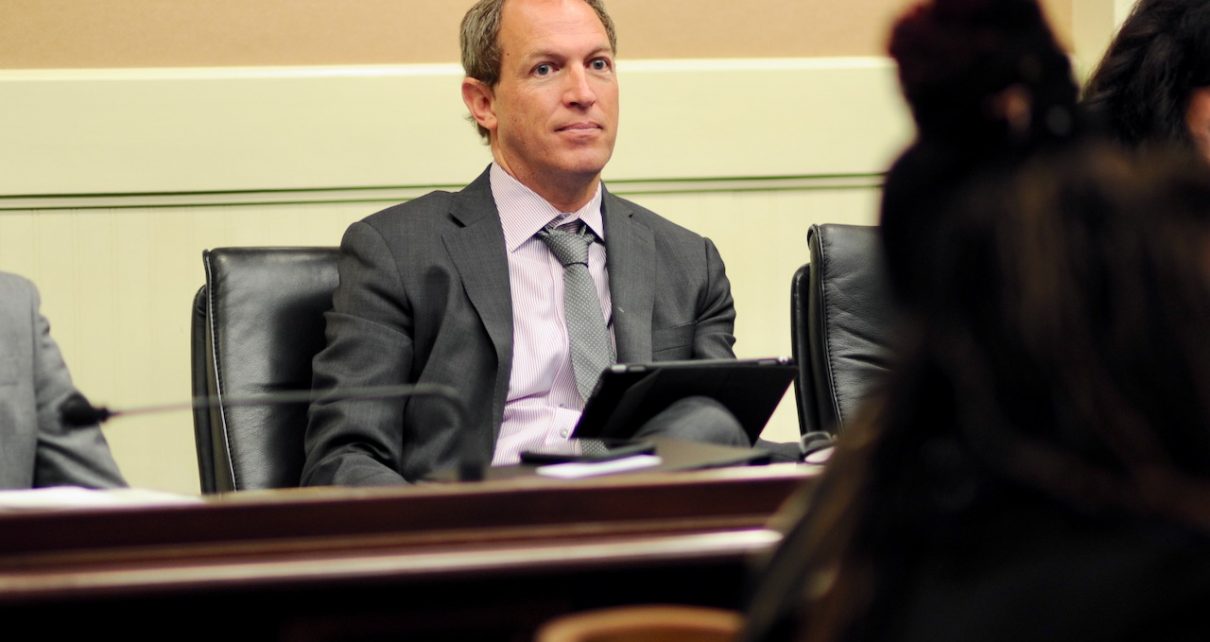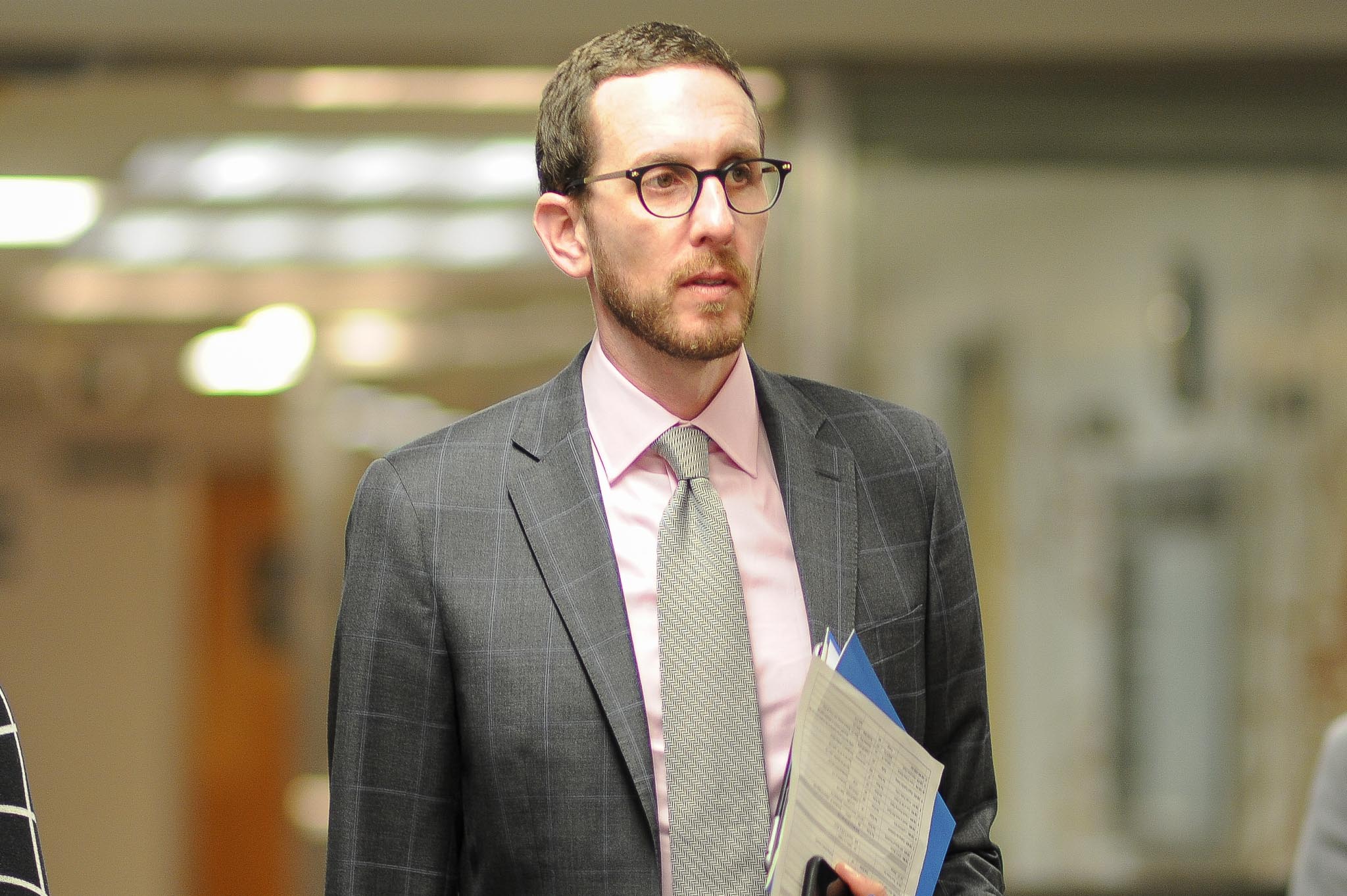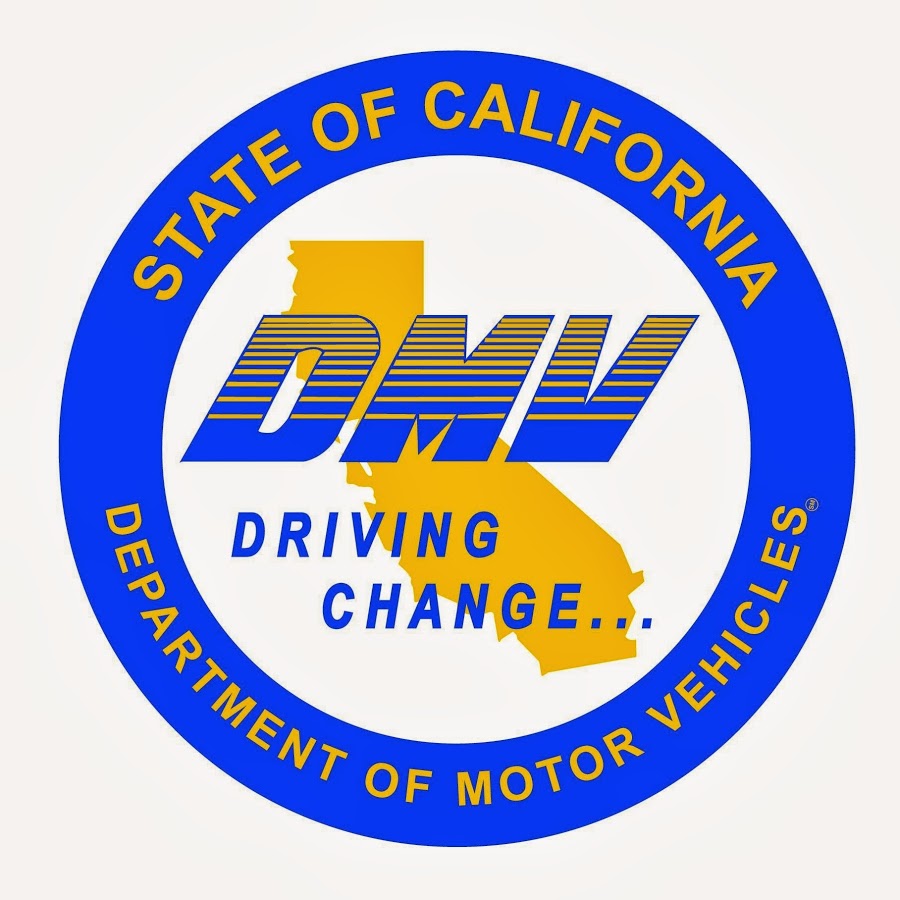
Assemblyman Brian Maienschein. (Photo: Kevin Sanders for California Globe)
Genetic Data Sold by Genealogy Companies to Face Sale Disclosures in Proposed Legislastion
Genealogy companies face placing large genetic data sale disclosures in ads and products in California
By Evan Symon, February 18, 2020 2:42 pm
Genealogy products in California face new genetic data sale disclosures in a bill currently trying to be placed in a committee this week.
Assembly Bill 2222, authored by Assemblyman Brian Maienschein (D-San Diego), would make genealogy companies include a notice on everything from advertising to product packaging about how all data collected that isn’t linkable to another person can be sold to third parties.

The bill specifically targets companies such as 23andMe and Ancestry.com that require the use of a saliva DNA sample to be sent in.
If passed, all genealogy products and services would have to have the following text be placed large enough to see on all packaging and advertisements:
“Aggregate data that is not reasonably linkable to an individual person may be sold to third parties. [Name of genealogy company] is not subject to the Health Insurance Portability and Accountability Act of 1996. Please consult our privacy policy.”
AB 2222 comes in the wake of rapidly changing California privacy policies and after an outcry from consumers after it was revealed in 2018 and 2019 that genealogy companies routinely sold genetic data to drug makers.
“A lot of people still don’t know this happens,” explained former genealogy company consultant Michael Harding. “It happens like this. You get one of those genealogy kits because you want to find out where your ancestors were from. To do that, you send in saliva and from there it’s sent off to a lab. They’re tested against ‘genetic markers’, which are little variations in our DNA. There it’s compared against all the markers based on various ethnic backgrounds.”
“It’s by no means accurate, and some results have been off enough that some companies have been accused of preying on people. But it gives a rough outline of where you’re from. And it also gives the company your genetic data for free, with the company free to sell it.”
“What this bill would do to the industry would be big. California is a big market, and having something that essentially says ‘we’re selling your genetic data’ would scare a lot of people away, or at least make them want to try another way.”
“The information sold to drug and personal care companies does actually help too. It’s being used to make drugs more accurate for different groups of people and to genetically find out where some conditions start.”
“The big problem was, you could imagine, was that people didn’t widely know. But now it’s on the verge of happening in California. They want disclosures as big as cigarette warning labels on there in 10 point font and taking up 5% of the space, and that’s only going to make these products look dangerous in some way.”
Genealogy companies themselves have been open about the relations between them and drug companies but also don’t actively advertise the fact.
“We all have some disease or health issue that we care about,” stated 23and Me CEO Anne Wojcicki in 2018 after a deal with drug maker GlaxoSmithKline. “23andMe has created a research platform to enable interested customers to participate in research. To not wait for solutions to appear, but for people to come together and make discoveries happen.”
AB 2222 is due to be placed in an Assembly committee later this week.
- Bill to Require Law Enforcement Disclosure if AI Was Used To Help Write Reports - August 7, 2025
- Gov. Newsom Files FOIA Request To ‘Expose True Cost’ Of L.A. Federal Troop Deployment for Anti-ICE Riots - August 6, 2025
- California Redistricting: How Newsom’s Plan Will Demolish Hard Fought GOP Gains - August 6, 2025





Oh great, another “California Sign Law”
This disclosure is known the the State of California to create work for the Bar Association and has nothing to do with you other than to jack up consumer prices.